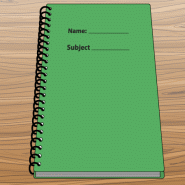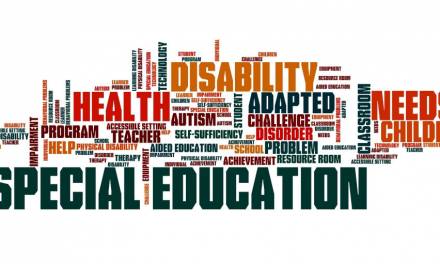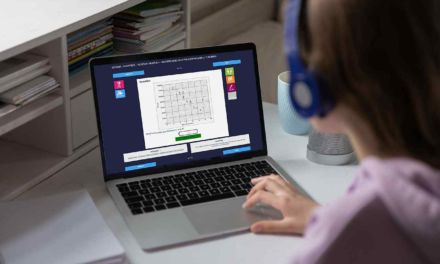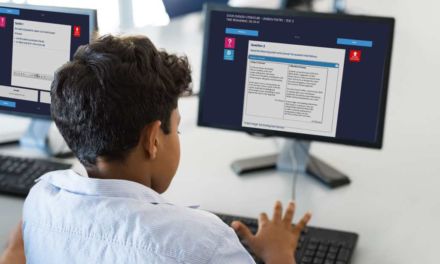Effective Formative Feedback
Formative feedback or assessment is a crucial part of the teaching mix and is vital for use in working towards a summative assessment situation.
Formative feedback can be carried out in a number of ways which are relevant to the class as a whole or to the goals and targets of an individual but to be particularly effective should be held in a planned and cyclical manner. This way, progress can be shown over set and regular time periods and comparative achievement can be evidenced across the class.
The use of quality assessment and feedback tools are key elements as is the use of the information to develop further teaching lesson plans. Formative feedback is an excellent way to further learning success but only if the results gathered are correctly utilised rather than an initial burst of record keeping which quickly tales off giving no true account of learning progress.
Effective formative feedback procedures include the following:
Feedback
Feedback can take shape in a number of ways; oral or written and can be set out in different formats such as question and answer, general discussion, quizzes, reflective diary or journal entries or questionnaires.
Progress made against the curriculum
The set curriculum is the cornerstone of the whole structure of the learning framework. It sets a specific number of measures to be able to monitor and evaluate progress and performance and these are based around a time scale which could be (but not necessarily) termly or annually.
Self-assessment
Students learning how to carry out self-assessment not only helps them with developing their critical thinking skills, it gives them an understanding of the overall success levels required for their own work as they will see through reflection where they are working to a level of achievement which is required for achievement and where they need to acknowledge the areas which need improvement.
Observation
Observation carried out by the teacher can be used to form a plan of action to support and engage the student through their studies. The record can include academic achievement, how they interact with others, their own levels of self-assessment and elements such as attendance and behavioural patterns. It is important that the plan is implemented once initially complete and the record is continued at regular intervals to give an overall result of the effectiveness of this teaching method.
Portfolios
A student portfolio can be used for a number of areas to show growth and improvement. They can be used by the teacher to keep as their own record keeping requirements or a student can keep a growth portfolio for a specific aspect of their work such as improvement in writing skills.
Formative feedback is of most use when used on an individual student basis as it presents a developing picture of their progress over time.
The regular and frequent evaluation and monitoring of progress to determined goals and targets results in higher levels of achievement for students. This is of particular benefit when teachers dovetail this data collected to help with both their teaching planning and their overall teaching practice skills.









